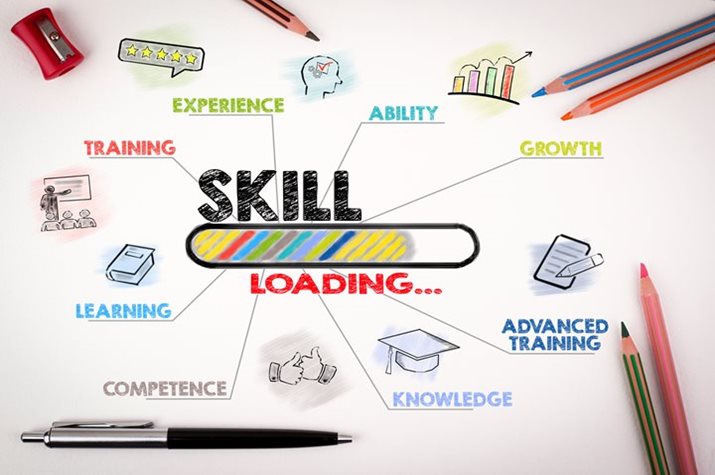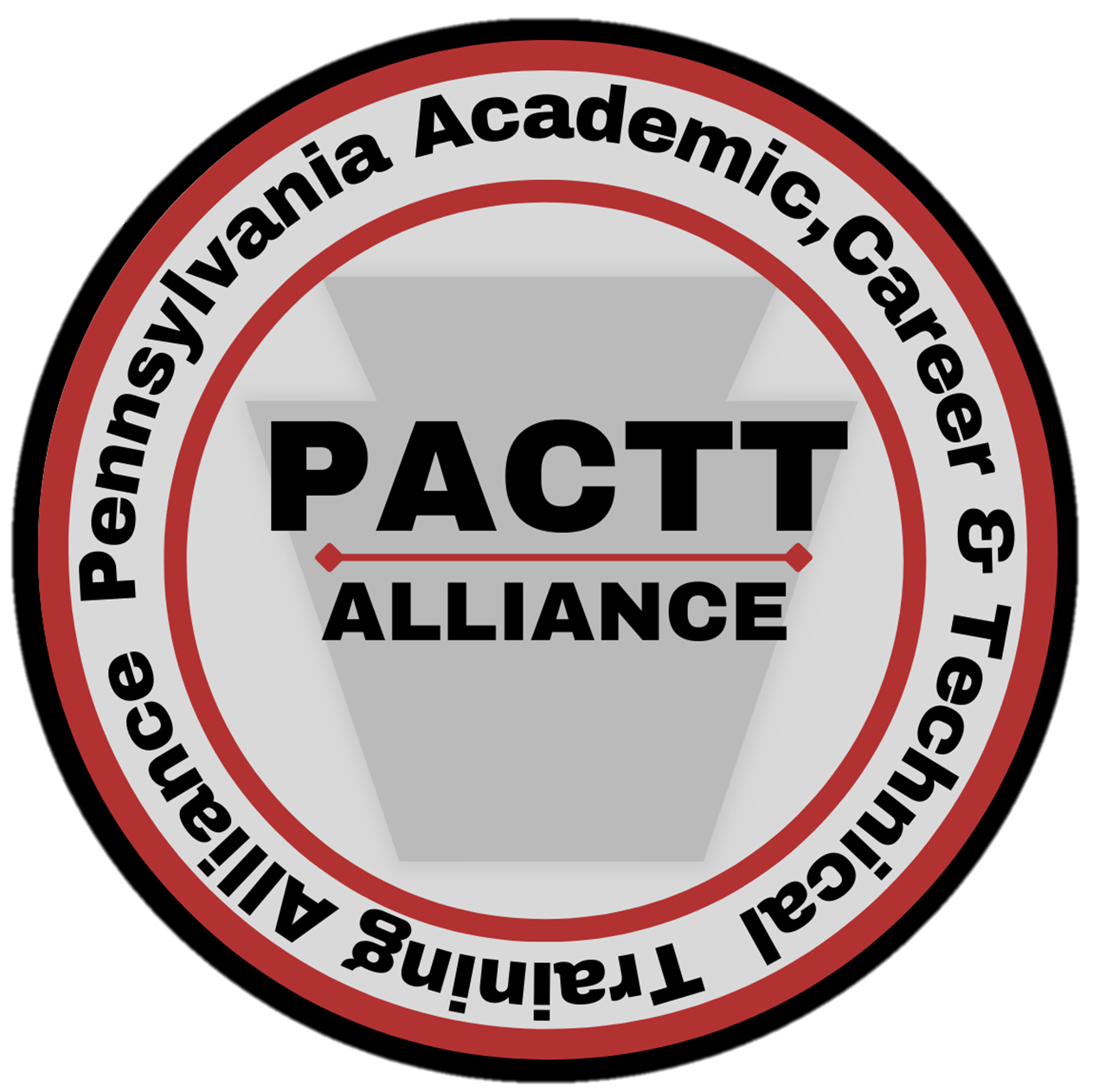Learn About PACTT
Learn About PACTT

What do we do?
 The Pennsylvania Academic, Career And Technical Training (PACTT) Alliance provides systemic leadership in the efforts to improve the academic and career/ technical training that delinquent youths receive while in residential placement, and in their home communities upon return. Click the PACTT Affiliate Application link on the application image.
The Pennsylvania Academic, Career And Technical Training (PACTT) Alliance provides systemic leadership in the efforts to improve the academic and career/ technical training that delinquent youths receive while in residential placement, and in their home communities upon return. Click the PACTT Affiliate Application link on the application image.
PACTT has clear standards for this work in residential, day treatment and community-based (non-residential) programs. PACTT provides technical assistance to correctional programs, both out-of-home placements and in the community, to give them the tools to meet the standards. Affiliated agencies have voluntarily agreed to meet standards for providing relevant, high-quality academic and vocational education services to the youth that they serve. These standards are identified as program elements, described below.
An overview of the elements of participation can also be found here: Stakeholder Overview Elements of Participation

PACTT Elements of Participation
Each of the affiliated residential and non-residential agencies have agreed to provide the following CORE programming:
- Utilize PACTT’s Employability and Soft Skills Manual (ESSM) with all youth, age 14 and older.
- Document ESSM training progress and at the discharge, includes this information as part of the youth’s educational record and probation discharge packet.
- Develop a discharge portfolio for youth that indicates their progress toward completion of competencies.
- Provide supports to youth that are participating in General Education Development (GED) or High School Equivalency Test (HiSET) preparation, testing, credit recovery, acceleration and remediation.
- For youth having a disability, facilitate their involvement with the Office of Vocational Rehabilitation (OVR).
- Have an internal quality assurance process to review their academic, job skills and/or work-related services.
- Offer at least one (1) of the following basic certificates: General or industry specific OSHA-10, ServSafe Food Handler, at least one component of MOS; and the complete International Computer Driving License (ICDL).

Academic Instruction
Maintain a curriculum that is aligned with Pennsylvania’s Core Academic Standards.
Offer opportunities for remediation in numeracy and literacy, credit recovery and/or acceleration.
Perform transcript audits for youth to prioritize education programming and to determine if any individual needs exist.
Conduct educational progress assessments to determine academic abilities, progress and placement into appropriate courses.
- Ensure the availability of certified Special Education teachers as required by the Pennsylvania Department of Education (PDE).
- Provide supports for youth who have special needs in their Individualized Education Plans (IEP).
- Provide opportunities for youth to obtain a GED or HiSET and connect them with post-secondary training and career opportunities.
- Request and transmit school records within the timeframe required by PDE.
- Provide individual case management to support youth’s transition to school.
- Provide supports for English Language Learners (ELL).
- Align academic courses and course descriptions with PDE’s Pennsylvania Information Management System (PIMS).
- Whenever possible, provide instruction through low youth-to-teacher ratios.
- Provide staff with regular professional development.

Job Skills Training
- Offer two or more certificates or certifications beyond what the agency offers at the basic level. (Basic level: General or industry specific OSHA-10, ServSafe Food Handler, at least one component of MOS; and the complete International Computer Driving License (ICDL).
- Offer certificates and certifications that have a logical connection with a high priority occupation (HPO) or employment opportunities specific to the community where the youth is or will be living on a full-time basis.
- In the areas of Programs of Study (POS), vocational programs, and certification or certificate programs:
- Offer a POS, or make it available through another local academic program that meets the standards established by PDE; or
- Offer vocational, certificate or certification programs that are offered by the agency that are not recognized as a POS according to PDE’s standards yet are taught by certified teachers or qualified individuals that hold the industry-recognized credentials needed to instruct the course.
- Have an agency administrator review and approve the POS lesson plans.
- Have instructors sign-off on competency lists demonstrating proficiency.
- Have lists of completed industry competencies follow youth at time of discharge that reflect the progress youth has made.
- Review the Department of Labor and Industry’s High Priority Occupations with youth, to include those from the region where they will be living.

Work Related Services
- Conduct a work skills assessment with all youth between the age of 14-21.
- Conduct an interest assessment with all youth between the age of 14-21.
- Directly offer, or make available through another entity, opportunities for youth to participate in a paid work-based learning experience.
- Ensure that an evaluative process is in place, to include providing youth with regular feedback about their performance.
- Establish relationships with employers to provide paid work experience opportunities for youth.
- Establish connections for youth with employment resources.
- In youth’s area(s) of interest, identify potential employers in the communities where youth currently live or will be returning to after placement.
- Review the Department of Labor and Industry’s High Priority Occupations with youth, to include those from the region where they will be living.
